Welcome
I started this blog in 2013 to share my reflections on reading, writing and psychology, along with my journey to become a published novelist. I soon graduated to about twenty book reviews a month and a weekly 99-word story. Ten years later, I've transferred my writing / publication updates to my new website but will continue here with occasional reviews and flash fiction pieces, and maybe the odd personal post.
|
I hadn’t been reviewing for very long, when I was invited to contribute to the book recommendation site, Shiny New Books. Honoured as I was, I didn’t feel ready back then, but kept it in mind. After Victoria posted a lovely early review of Sugar and Snails on the site and hosted my guest post on writing about secrets, I resolved to keep an eye out for suitable books to review. I’m pleased to announce that my reviews of The Social Brain and Playthings were accepted for the latest edition so if you’re satisfied with the easy answer to my question you can go straight to the reviews by clicking on the images. But if you’d like to discover another connection, then read on.
9 Comments
In the week which saw the publication of the results into the inquiry into the killing of Alexander Litvinenko, I read two novels with a Russian connection. Both are about living under the shadow of terror, both penned by lauded English novelists and published in the UK tomorrow. Nevertheless, these are two very different novels; read my reflections to see which you prefer.
I could point out that a difficult childhood is not uncommon but, in my head, I’m already somewhere else. It won’t make me feel any better to correct his misapprehension. I concentrate on making the right non-verbals and wait for my discomfort to pass.
 Writers of fiction and creative non-fiction know the value of metaphor. So you might be interested in recent research by Adam Fetterman and colleagues suggesting that life is different for people who think in metaphors. Having developed a means of measuring metaphoric thinking style among students, they found that people rate neutral words as more pleasant when they’re printed in a white font than in a black one (evidently, none of their subjects had ageing eyes which renders light print virtually impossible to read); that among those prone to metaphorical thinking, the more sweet food they’d eaten, the more sweet their interactions with others (presumably within limits, I’m not terribly sociable if I’m feeling sick); and that those with a stronger metaphoric thinking style showed greater insight into the emotions of others. As you can see, aside from the fact that many metaphors are actually clichės, I’m a little sceptical about this research but, not having read the full report in the Journal of Personality and Social Psychology, I’m not in a position to argue. I’m delighted to introduce you to two quirky short novels about finding and creating a place of one’s own, the first from Sweden and second South Africa. Both novels have pared down characters and plot and are nevertheless highly compelling in their eccentricity.
My first review post of 2016 brings two very different perspectives on the clandestine world of spies. Set in 1981, The Long Room shows what can happen when those undertaking the tedious tasks of monitoring intercepted messages decide to create their own excitement. Like I Can’t Begin to Tell You, Tightrope features a brave heroine of the Second World War, now confronting the “normality” of dull and drab post-war England. My experience of the genre is rather limited – and one might argue that both of these novels would be classified as literary rather than thriller – but my reading suggests that, like acting and adultery, espionage is about creating and maintaining fictions, something close to the writer’s heart.
 Over half a century ago, the social scientist and psychoanalyst, Isabel Menzies Lyth was commissioned to carry out an investigation into why so many promising nursing students were dropping out of training. What she discovered makes edifying reading for anyone using, or employed within, the human services or, indeed, any organisation at all. Despite the best intentions of all the staff, the social systems that had evolved within the hospital were like a spanner in the works, functioning against the primary task of healing the sick. Many highly motivated students, despairing at the impossibility of delivering compassionate care, simply left. Yet this human wastage was built into a system that relied on a high volume of low-paid students to deliver patient care, without having sufficient posts for them to move on to on qualification. Although the work is radically different, I’ve wondered for some time whether there’s a similar redundancy built into the creative writing industry, encouraging the dreams of far more budding writers than there are slots in the publishers’ lists. |
entertaining fiction about identity, mental health and social justice
Annecdotal is where real life brushes up against the fictional.
Annecdotist is the blogging persona of Anne Goodwin:
reader, writer, slug-slayer, tramper of moors, recovering psychologist, struggling soprano, author of three fiction books. LATEST POSTS HERE
I don't post to a schedule, but average around ten reviews a month (see here for an alphabetical list), some linked to a weekly flash fiction, plus posts on my WIPs and published books. Your comments are welcome any time any where. Get new posts direct to your inbox ...
or click here …
Popular posts
Categories/Tags
All
Archives
March 2024
BLOGGING COMMUNITIES
|
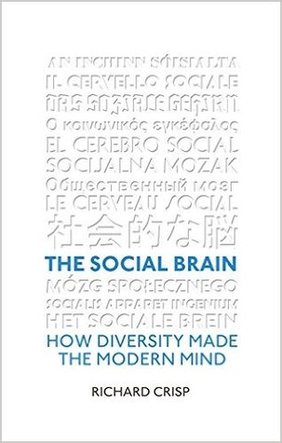
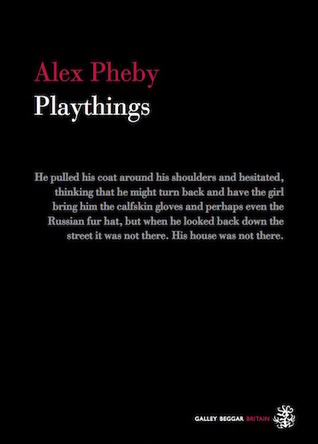
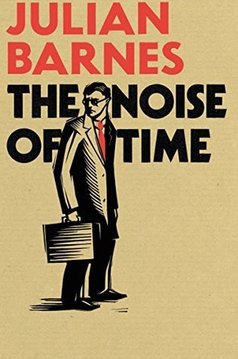
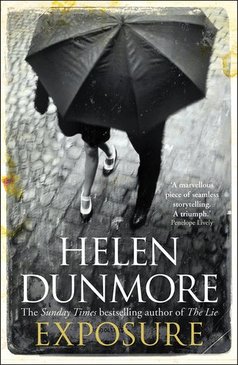
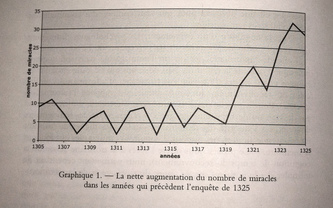

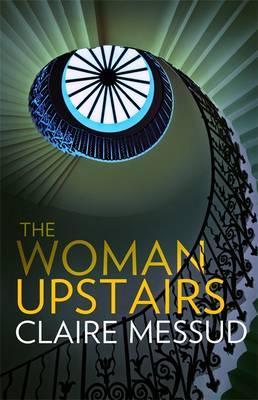
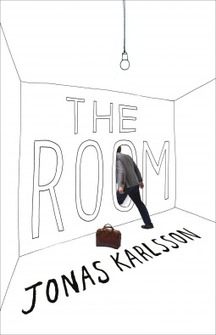
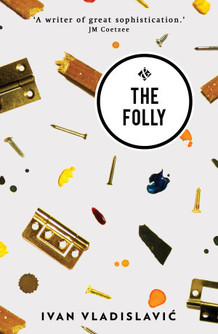
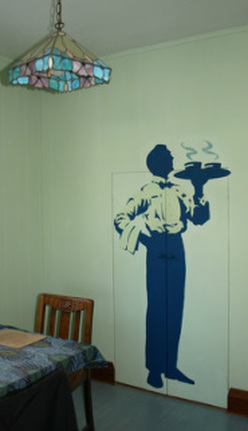
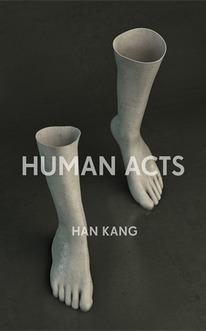
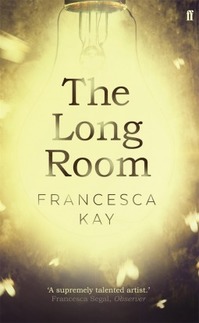
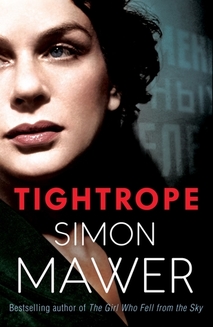





















 RSS Feed
RSS Feed





















